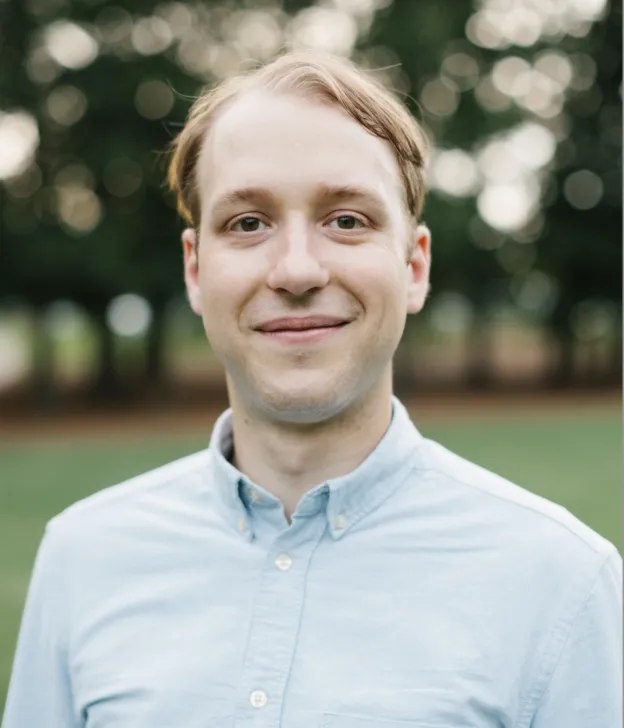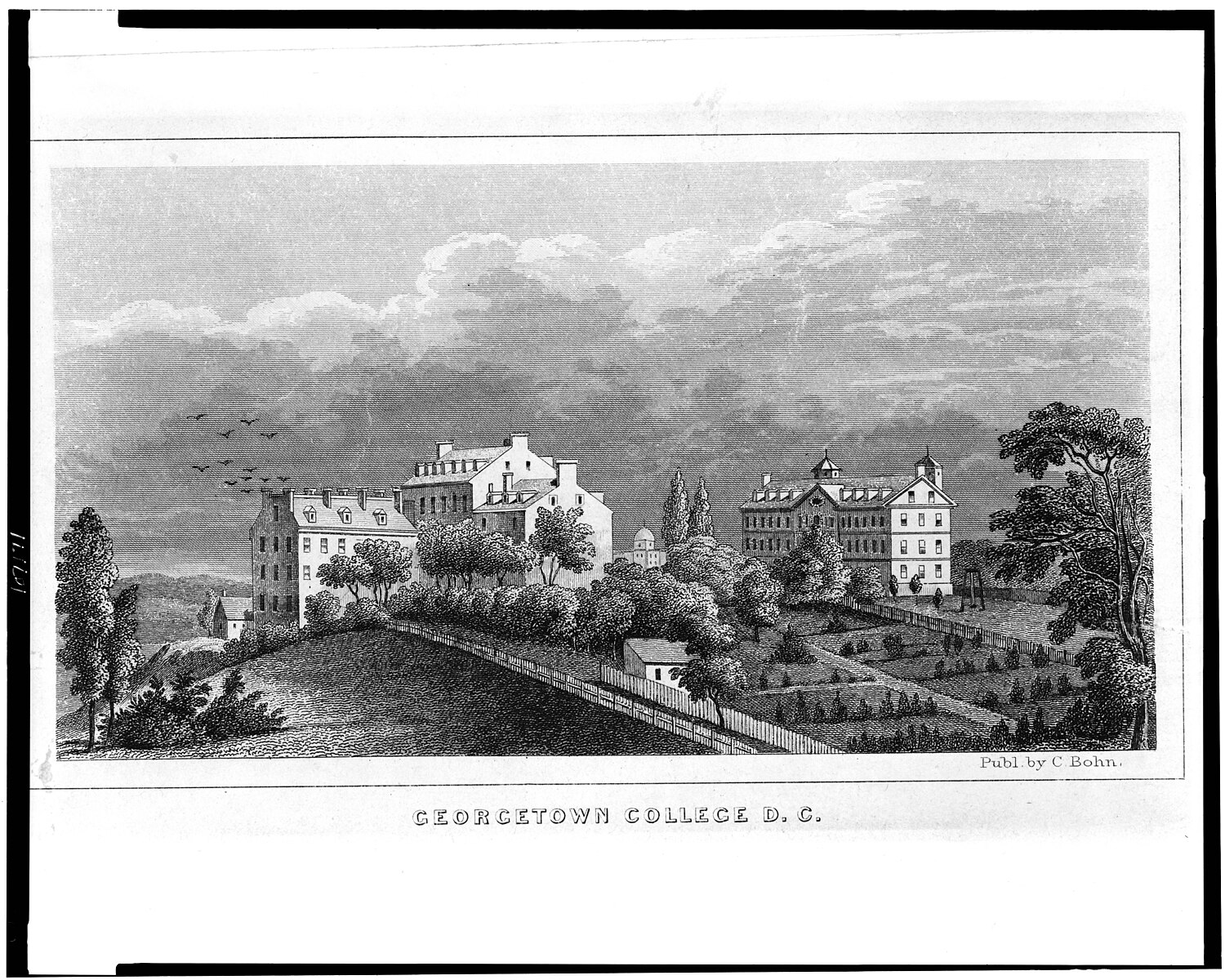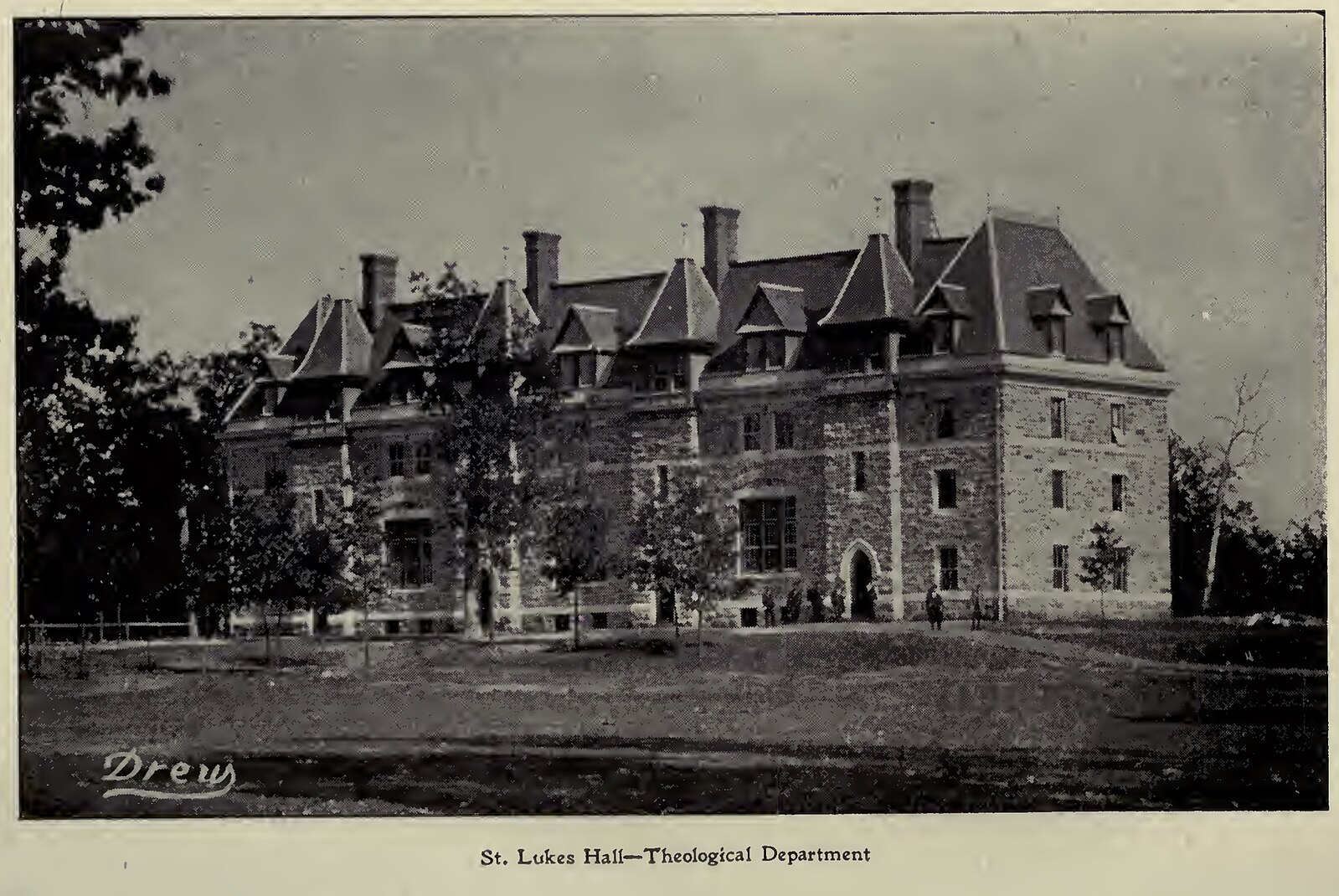
An interview with Jake Hiserman
JMC Resident Historian Elliott Drago sat down with JMC Network Scholar Jake Hiserman to discuss his work on Southern Christian colleges and the moral and intellectual implications of higher education during the nineteenth-century. Dr. Hiserman earned his Ph.D. at the University of Alabama and teaches humanities at Thales Academy.
ED: What inspired you to become a historian?
JH: I found that understanding the American past profoundly shaped my youthful mind in my pre-college days. I wanted to mold young minds in the same way. I saw education for the sake of becoming a professional historian as the chief way to achieve that goal. My undergraduate and graduate education in history provided me with the intellectual background in European and American ideas and culture to pass on an understanding of the American past to students.
ED: What is your area of specialty, and what sparked your interest in that topic?

JH: I am a historian of nineteenth-century America, particularly, the South, religion, higher education, and ideas. There are a few launching points for that interest. First, I read John Henry Newman’s Idea of a University in college and that opened my interest to curricular principles and practices in higher education. I went to college and graduate school in the South, which led me to an interest in the region’s history. I knew little about the South before college because I was born and raised in rural northeastern Pennsylvania (a lovely place). As for religion, I have been a practicing Roman Catholic and see religion as an integral part of any interpretation of the past. Last but not least, my collegiate studies in philosophy and theology cultivated a penchant for intellectual history.
ED: Explain the thesis of your dissertation, ” Tradition in Peril: Moral Philosophy, Liturgy, and Nineteenth-Century Southern Christian Colleges.”
JH: I argue that Southern Christian college faculty sustained nineteenth-century moral philosophy by applying it in college chapel liturgies through ideas and practices of order, propriety, duty, discipline, and philosophical realism, shaping a southern religious culture based in traditions and received authority structures. I researched “evangelical” (Baylor, Davidson) and “churchly” (Sewanee and Mt. St. Mary’s) colleges and found that both held that southern religious culture in common. Northern and Western college professors and trustees largely abandoned the moral philosophy course, the capstone class to the nineteenth-century college curriculum, by the 1870s. Historians often connect this abandonment to Charles Darwin’s increasing popularity and the permanence of a democratize
I contend Southern Christian college leaders and students demonstrate how traditions and clerical authority still had power on the American religious scene.
ED: Tell us about your new article manuscript, which studies a liturgical controversy at 19th-century Sewanee, the University of the South.

JH: I set Sewanee’s battle over “ritualism,” a fight in the nineteenth-century Episcopal and Anglican churches over the use of Roman Catholic liturgical practices within the broader changes in American religion in the late nineteenth-century. Some Episcopalians (I have not discovered who exactly) charged Sewanee with ritualism. This threatened the college’s institutional stability. I explore why that allegation was possible from potentially ritualist influences on Sewanee liturgies. These influences illuminate Sewanee’s link to larger ritualist-leaning networks in the Northern U.S. and Great Britain. Lastly, I show how those connections shaped Sewanee as an institution formed students-cum-ministers who defended traditional religious authority amidst growing religious pluralism in America.
ED: What was your favorite research rabbit hole, and why?
JH: I particularly enjoyed hilarious stories from students about animals disrupting college chapel worship. On two occasions at different colleges, college presidents literally threw dogs out of the chapel during worship services. The dogs wandered in due to open chapel doors in the warmer months. These stories captured my attention because they were times the mundane and the sacred intersected in an interesting way.
ED: Besides having your hands full with a dissertation and article manuscript, what is your next project?
JH:I am beginning a history of American Catholic higher education from its inception until the twentieth century. In this work, I will move the scholarly conversation on Catholic higher education beyond arguments over the issue of Catholic and American identities of higher education institutions. To do that, I will show the significance of Catholic traditions to the growth of Catholic colleges and their communities in pre-1900s America.
ED: What has your scholarship taught you about America’s founding principles and history?
JH:
I have learned that passing on the founding principles requires a robust educational culture.
JH: The historical record shows us how hard it is to cultivate and hand on such a culture. I saw such a set of beliefs and actions present in the moral philosophy course and the ways Southern Christian college leaders and students applied and practiced it. Yet even those professors and students imperfectly understood and practiced the moral philosophy central to the American founding. I learned how tough yet rewarding it is to study and apply America’s founding principles.
ED: What’s one thing you wish everyone knew about American history?
JH: I wish that everyone knew how important nineteenth-century American religion was for politics and culture in that era. For example, Lincoln’s biblical allusions in his inaugural addresses and other speeches demonstrates his audience’s familiarity with religion’s import for political life.
ED: Thanks so much for your time!
Elliott Drago serves as the JMC’s Resident Historian and Editorial Manager. He is a historian of American history and the author of Street Diplomacy: The Politics of Slavery and Freedom in Philadelphia, 1820-1850 (Johns-Hopkins University Press, 2022).
